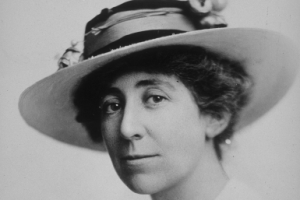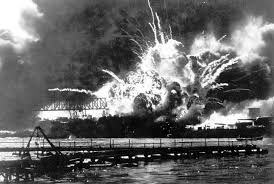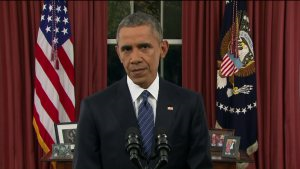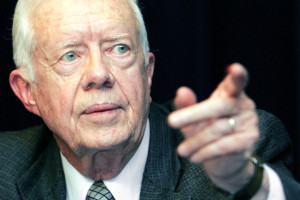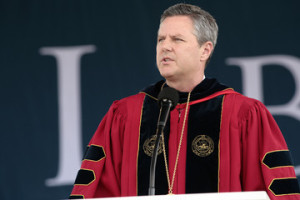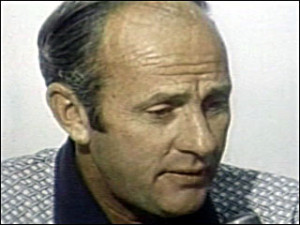Texas Tech University has announced it is considering the development of a school of veterinary medicine.
No plans have been set. It’s just talk at the moment. The word came from Tech Chancellor Bob Duncan that the university system is scouting around for a proper location while deciding if it actually wants to go ahead with development of the program.
Amarillo is considered one of the potential favorites for the new veterinary medicine campus.
The Texas Tribune that Tech has cited increasing student interest in the veterinary medicine campus and noted that Amarillo — with its huge agricultural base nearby — might be a good fit for such a campus.
OK, but it gets even more interesting.
Texas A&M University — which already has one of the premier veterinary medicine programs in the country, if not the world — is considering expanding that part of its curriculum to other regions of the state. You have just one guess on where the A&M System might locate that new veterinary medicine campus.
If you said West Texas A&M University, you’d win an undetermined prize.
The Tribune reported: “After Tech’s announcement, A&M System Chancellor John Sharp seemed to hint in a statement that A&M was considering expanding its school to other areas in the state. ‘As a courtesy, last weekend I informed Chancellor Robert Duncan that the Texas A&M School of Veterinary Medicine would soon announce a presence in several Texas A&M System schools,’ Sharp said. ‘In response, Mr. Duncan comes up with this long-rejected claim we should fund a vet school at Texas Tech. The Coordinating Board has specifically rejected the notion. The Legislature has rejected this for 40 years. We will proceed with our announcement as planned.’”
Here’s the full Texas Tribune story.
So, is there a bit of jockeying taking place here? Would the Texas Panhandle be in the running for both university systems’ desire for veterinary schools? I doubt strongly we’d get both of them.
Whatever happens, we’ll just have to stay tuned to see how this plays out.

